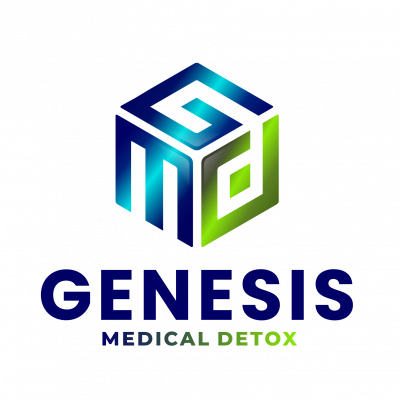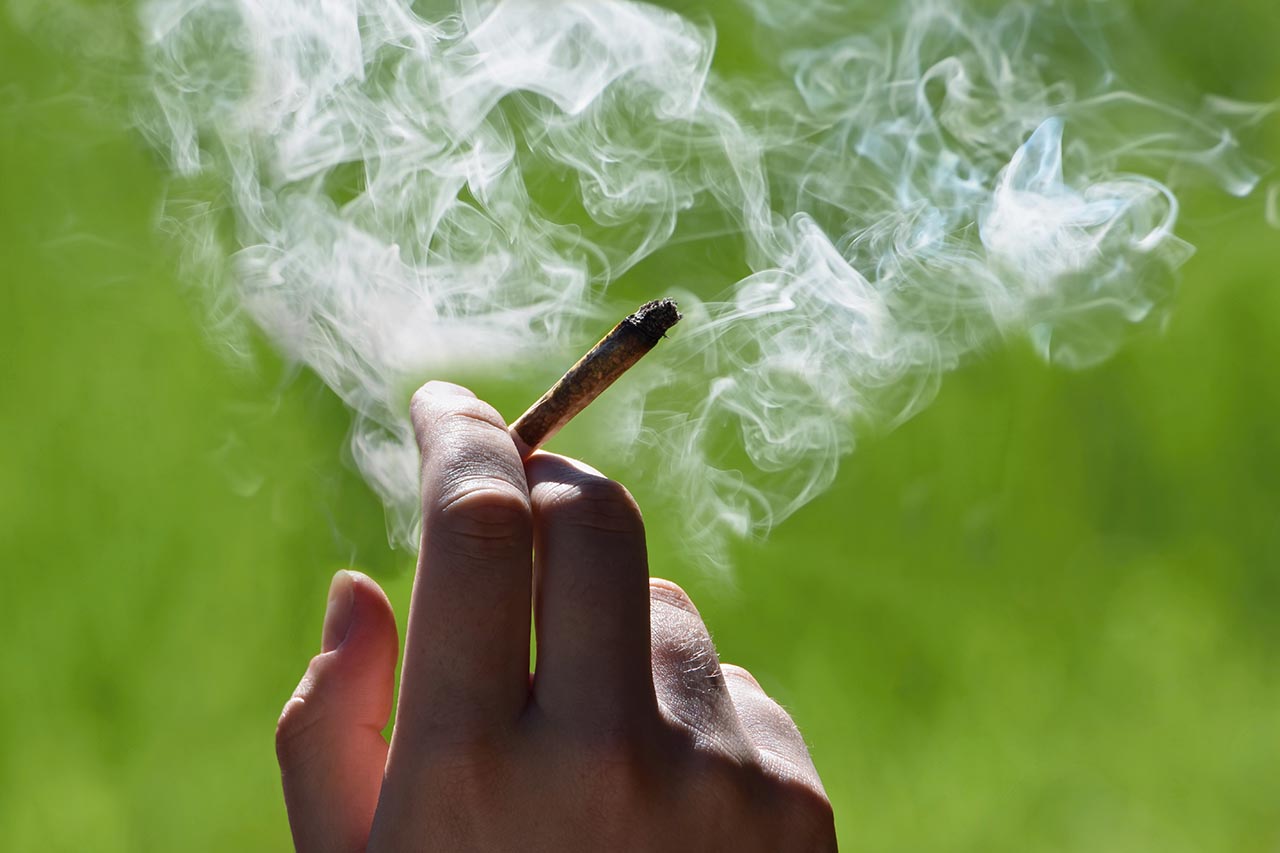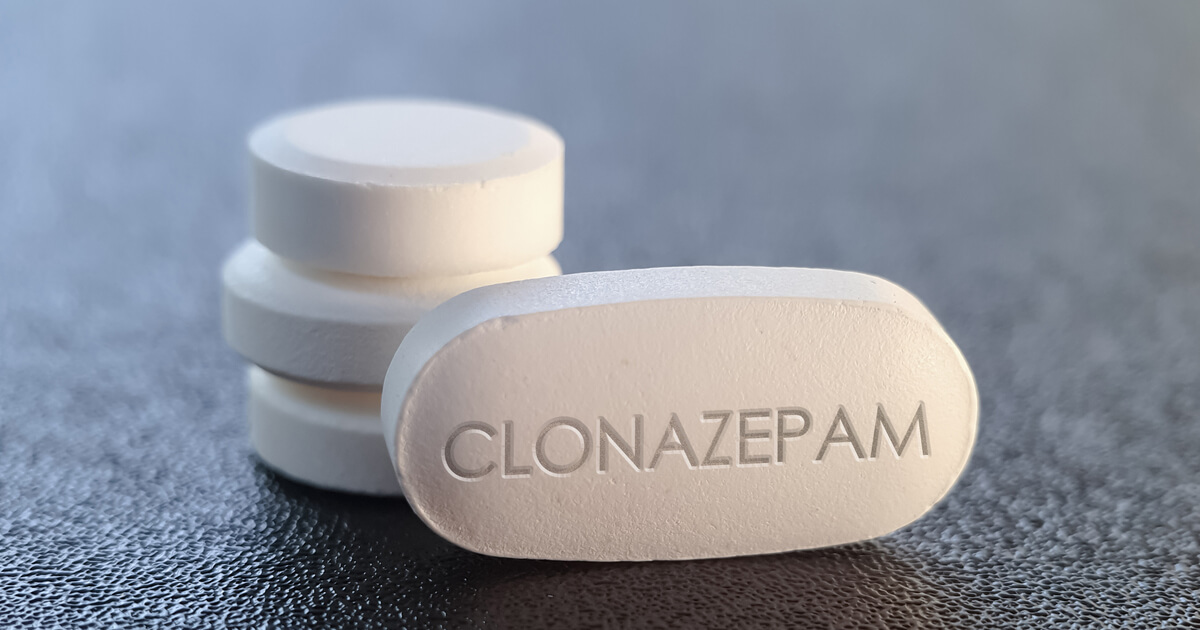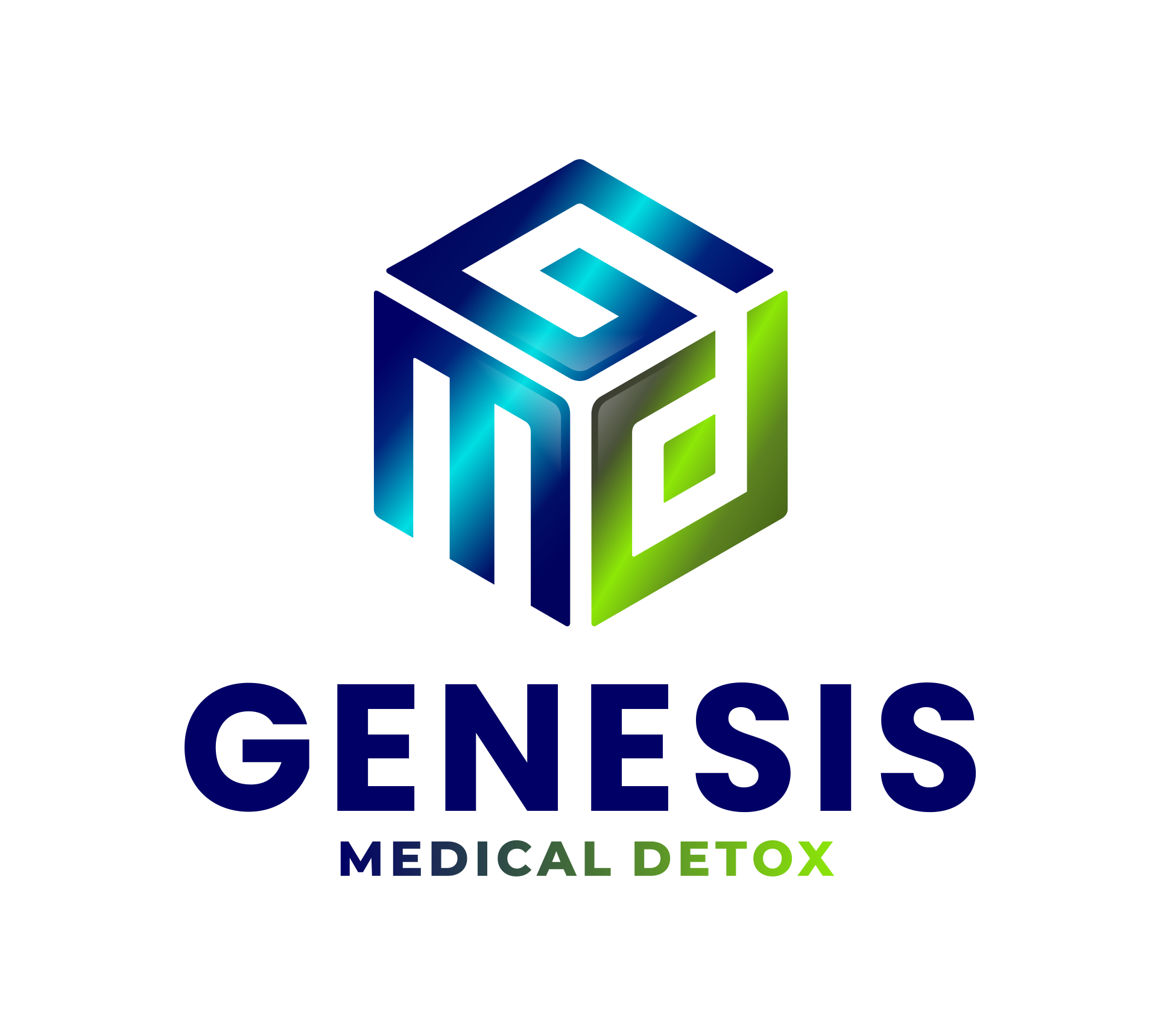
Marijuana addiction is a growing concern in Tennessee, as the legalization of marijuana for medical and recreational use becomes more prevalent across the United States. With increased access to marijuana, there is a higher risk of individuals developing a dependence on the drug. This post will explore the issue of marijuana addiction in Tennessee, focusing on the need for detox programs to help individuals overcome their dependence on the drug.
Marijuana addiction is a serious issue that can have detrimental effects on an individual’s physical and mental health. In Tennessee, where marijuana use is on the rise, it is essential to have effective detox programs in place to help individuals break free from their addiction. This post will also discuss the importance of detox programs in addressing marijuana addiction in Tennessee and provide examples of effective detox methods that can help individuals overcome their dependence on the drug.
Marijuana Addiction and Detox in Tennessee
Marijuana addiction is a real problem in Tennessee: – With the increasing legalization and availability of marijuana in Tennessee, the number of individuals struggling with marijuana addiction is on the rise. – Studies have shown that marijuana addiction can have negative effects on an individual’s physical and mental health, leading to issues such as impaired cognitive function, respiratory problems, and increased risk of mental health disorders.
The need for detox programs in Tennessee: – Detox programs are essential in helping individuals break free from their dependence on marijuana and overcome their addiction. – Detox programs provide individuals with the support and resources they need to safely and effectively detox from marijuana, including medical supervision, counseling, and therapy.
Effective detox methods for marijuana addiction: – In Tennessee, detox programs may incorporate a variety of methods to help individuals overcome their dependence on marijuana, including medical detox, counseling, behavioral therapy, and support groups. – Medical detox may involve the use of medications to help manage withdrawal symptoms and cravings, while counseling and therapy can help individuals address the underlying issues contributing to their addiction.
What is Marijuana and Where did it Come From?
Marijuana, also known as cannabis, is a psychoactive drug derived from the Cannabis plant. The plant contains chemicals called cannabinoids, including tetrahydrocannabinol (THC) and cannabidiol (CBD), which have mind-altering effects when consumed. Marijuana can be smoked, vaporized, eaten, or brewed into tea for its psychoactive effects.
The use of marijuana dates back thousands of years and has a long history of being used for medicinal, recreational, and spiritual purposes. The Cannabis plant is believed to have originated in Central Asia and has been cultivated and used by various cultures throughout history.
Ancient Chinese, Indian, and Middle Eastern civilizations are known to have used marijuana for medicinal and religious purposes. In the 19th and early 20th centuries, marijuana was commonly used in Western medicine for its analgesic, sedative, and anti-inflammatory properties.
In modern times, marijuana has gained popularity for its recreational use, with some states in the United States legalizing its recreational and medicinal use. However, marijuana remains a controversial substance due to its potential for addiction and abuse, as well as its legal status in many parts of the world.
The Growing Problem of Marijuana Abuse and Addiction in Tennessee
The growing problem of marijuana addiction in Tennessee is a concerning issue that is becoming more prevalent as the state grapples with the impact of increased access to marijuana. With the legalization of medical marijuana in Tennessee and neighboring states, there has been a rise in marijuana use, leading to a higher risk of individuals developing a dependence on the drug.
One of the contributing factors to the growing problem of marijuana addiction in Tennessee is the misconception that marijuana is a harmless substance. Many individuals believe that marijuana is a safe and natural alternative to other drugs, leading to increased experimentation and regular use. However, marijuana addiction can have serious consequences on an individual’s physical and mental health, as well as their relationships and overall well-being.
Additionally, the availability of high-potency marijuana products, such as edibles and concentrates, has made it easier for individuals to consume large amounts of THC, the psychoactive component in marijuana, leading to a higher risk of addiction and dependence.
The lack of awareness and education about the risks of marijuana addiction, as well as the stigma surrounding substance abuse and addiction, can also contribute to the growing problem in Tennessee. Many individuals may not seek help for their marijuana addiction due to fear of judgment or lack of access to resources.
How Does Marijuana Affect the Brain
Marijuana, can have various effects on the brain due to its active compounds, particularly THC (tetrahydrocannabinol) and CBD (cannabidiol). These compounds interact with the brain’s cannabinoid receptors, which are part of the endocannabinoid system, a complex network involved in regulating various physiological processes.
Cognitive function: Marijuana can impact cognitive function by affecting memory, attention, and decision-making skills. THC, the psychoactive component in marijuana, can impair short-term memory and cognitive function by disrupting the communication between brain cells. Chronic marijuana use has been linked to long-term cognitive deficits, especially in adolescents whose brains are still developing.
Mood and emotions: Marijuana can influence mood and emotions by altering the brain’s reward system and affecting the release of neurotransmitters like dopamine and serotonin. Short-term use of marijuana may produce feelings of euphoria and relaxation, but chronic use can lead to mood disorders, such as anxiety and depression.
Addiction and dependence: Marijuana can be addictive for some individuals, leading to dependence and withdrawal symptoms when the drug is not consumed. Chronic use of marijuana can alter the brain’s reward pathways, leading to cravings and compulsive drug-seeking behavior. This can contribute to the development of marijuana use disorder, characterized by a loss of control over marijuana use.
Developmental impact: Marijuana use during adolescence can have long-lasting effects on brain development. The adolescent brain is particularly vulnerable to the effects of marijuana, as THC can interfere with the formation of neural connections and impact brain structure and function. This can lead to cognitive impairments and behavioral changes in the long term.
Psychiatric disorders: Marijuana use has been associated with an increased risk of developing psychiatric disorders, such as schizophrenia and psychosis, especially in individuals with a predisposition to mental health issues. The use of high-potency marijuana products, such as concentrates, can exacerbate the risk of developing these disorders.
Overall, marijuana can have complex effects on the brain, impacting cognitive function, mood regulation, addiction pathways, brain development, and the risk of psychiatric disorders. It is essential for individuals to be aware of the potential risks of marijuana use and seek help if they experience any negative effects on their mental health.
Detox from Marijuana
Detox from marijuana, also known as cannabis detox, is the process of eliminating the drug from the body and managing withdrawal symptoms that may occur when someone stops using marijuana after a period of regular use. While marijuana detox is generally less severe compared to detox from other substances like alcohol or opioids, some individuals may still experience withdrawal symptoms, especially if they have been using marijuana heavily or for an extended period.
Common withdrawal symptoms from marijuana may include irritability, anxiety, insomnia, decreased appetite, mood swings, and physical discomfort. These symptoms typically peak within the first week of stopping marijuana use and gradually subside over time.
The duration of marijuana detox can vary depending on factors such as the frequency and amount of marijuana use, individual metabolism, and overall health. In general, most withdrawal symptoms peak within the first few days of abstinence and may last up to two weeks, with some individuals experiencing lingering symptoms for a few weeks to a month.
There are several strategies and methods that can help individuals detox from marijuana effectively:
- Gradual reduction: Some individuals may choose to gradually reduce their marijuana intake rather than quitting abruptly to minimize withdrawal symptoms.
- Hydration and nutrition: Staying hydrated and maintaining a healthy diet can support the body’s detoxification process and help alleviate physical discomfort.
- Exercise: Regular exercise can help manage stress, improve mood, and promote the release of endorphins, which can aid in the detox process.
- Supportive therapies: Counseling, therapy, and support groups can provide emotional support, coping strategies, and resources for individuals going through marijuana detox.
- Medical supervision: In severe cases of marijuana addiction or when co-occurring mental health issues are present, medical supervision and support may be necessary to ensure a safe and successful detox process.
For individuals who require more intensive support and supervision during marijuana detox, detox facilities or treatment centers may offer specialized programs that provide medical monitoring, counseling, therapy, and support to help individuals safely detox from marijuana and address any underlying issues contributing to their addiction.
In Conclusion
In conclusion, marijuana addiction is a growing concern in Tennessee, and detox programs play a crucial role in helping individuals overcome their dependence on the drug. By providing individuals with the support and resources they need to safely detox from marijuana, these programs can help individuals break free from their addiction and start on the path to recovery.
If you or someone you know is in need of detox or addiction treatment services, reach out to Genesis Medical Detox or Magnolia Ranch Recovery today. We are here to help!









